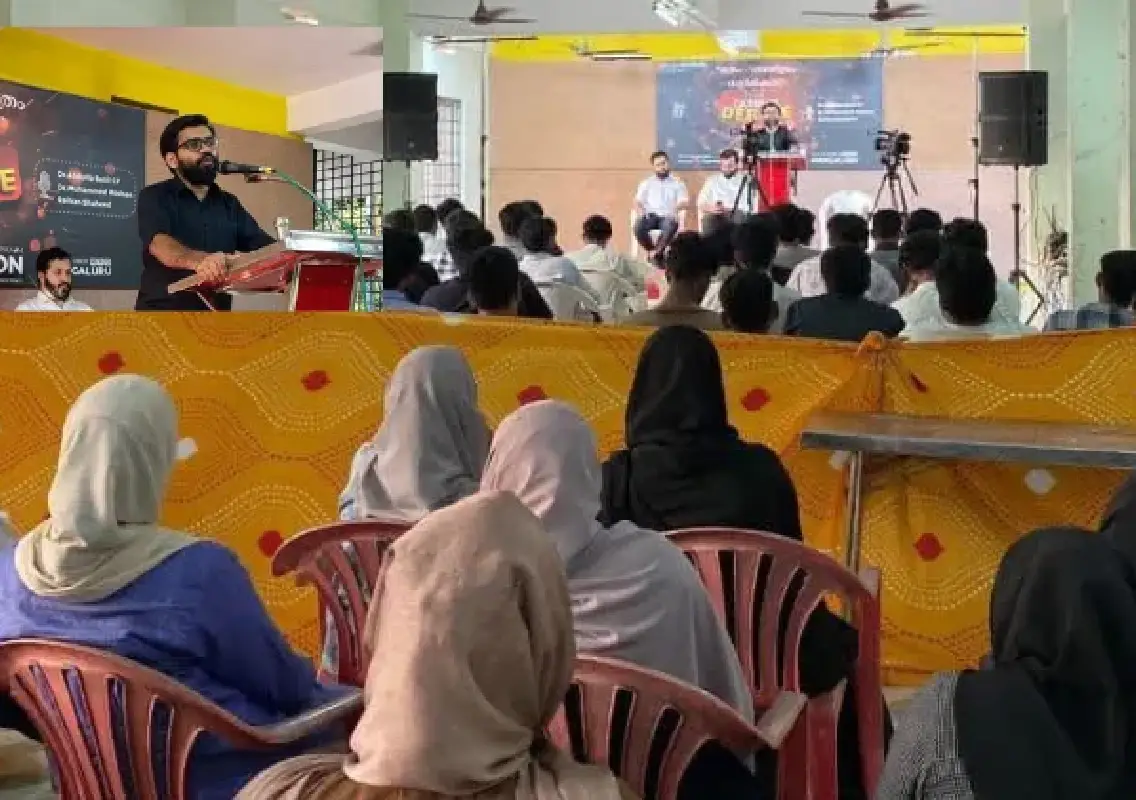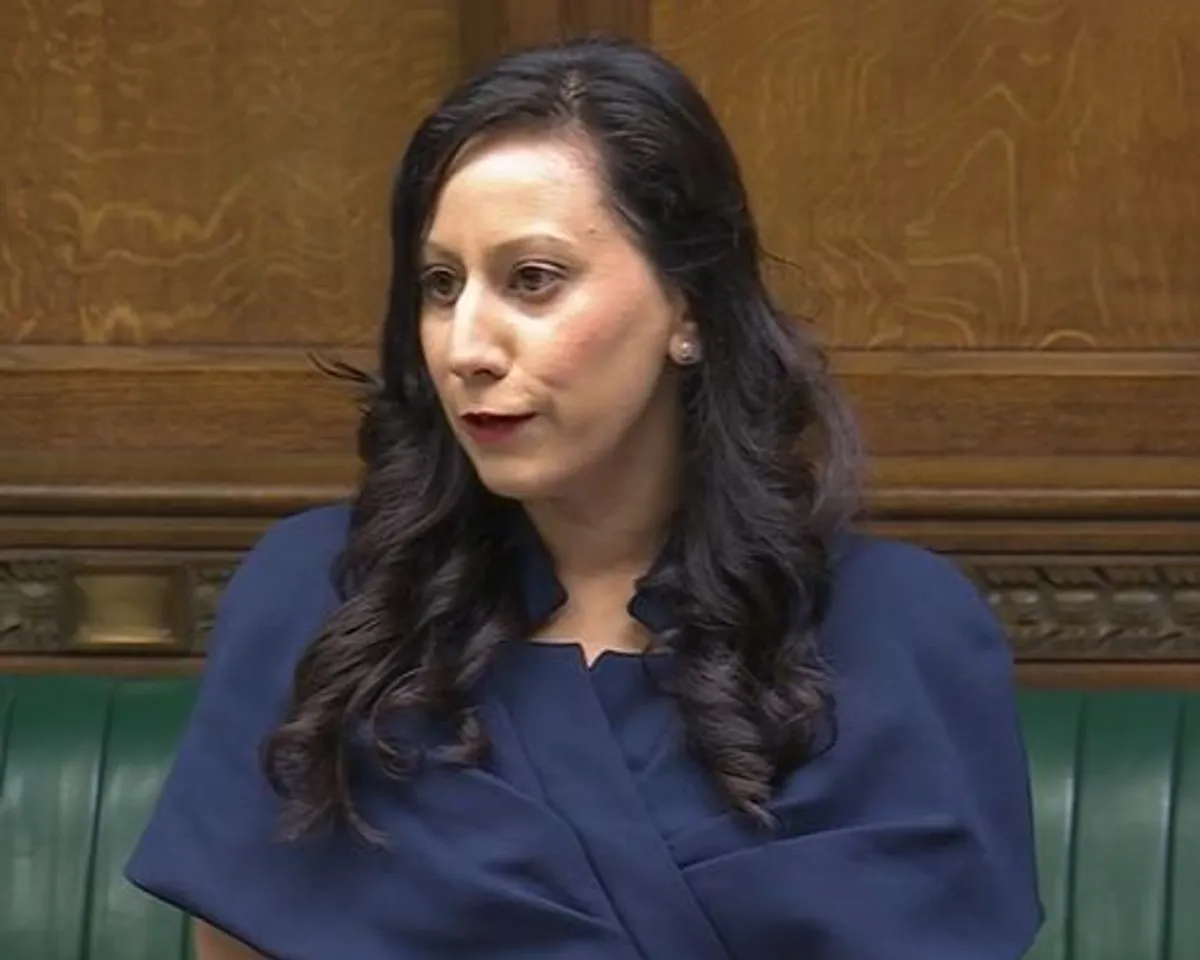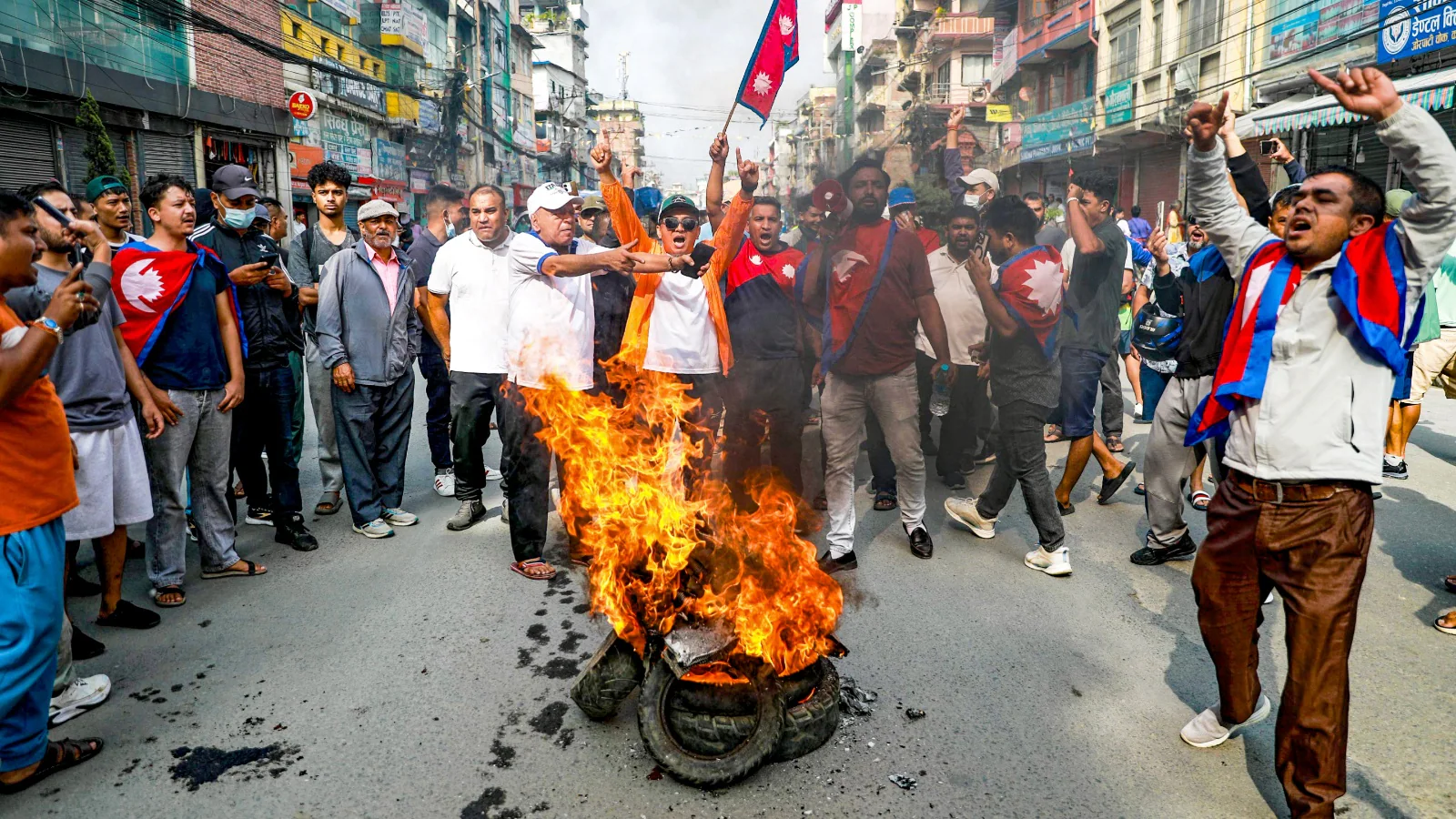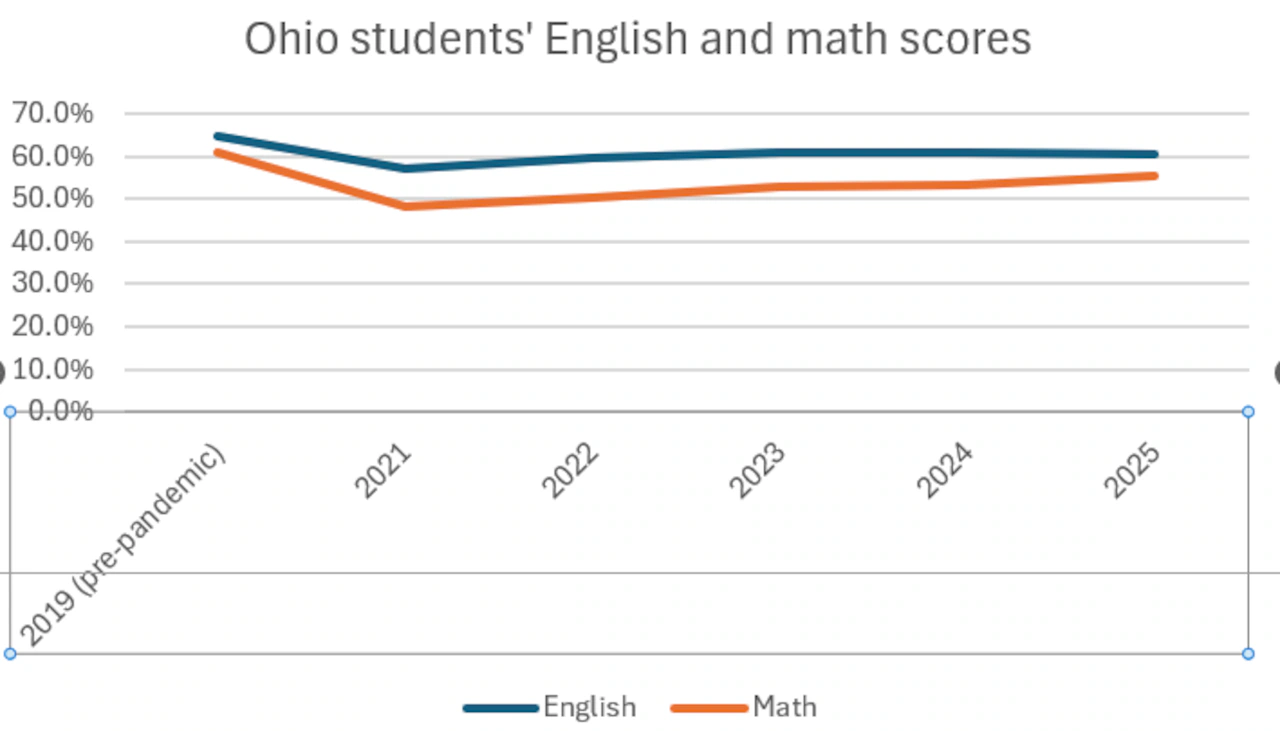By News Karnataka
Copyright newskarnataka

A recent event at the Cochin University of Science and Technology (CUSAT) in Kerala has triggered widespread criticism after male and female students were separated by a curtain during a campus debate organised by the Wisdom Islamic Organisation, a unit of the Mujahid group.
Event details and context
The event, titled “Campus Debate on Religion – Science – Dharmikta”, saw male and female participants physically separated throughout the session. Photos and videos from the event circulated on social media, drawing comparisons with the gender segregation policies in Taliban-controlled regions.
View this post on Instagram
According to sources, the organisers defended the arrangement, stating that it was intended to respect cultural and religious sensitivities. However, critics argue that such segregation contradicts Kerala’s long-standing reputation for gender equality and progressive education.
This incident mirrors a 2022 controversy at Thrissur Government Medical College, where the same organisation separated attendees during a session on LGBTQIA+ issues using a cloth barrier. That earlier event had faced public backlash and questions from educational authorities over its promotion of gender segregation in academic settings.
Criticism from public and activists
Social activists and students voiced concerns that such practices undermine the state’s commitment to gender equality. “Separating students based on gender in an academic debate is a regressive step,” said Dr. Priya Menon, a gender studies professor. “Educational institutions should be spaces for inclusion, dialogue, and equality, not segregation.”
Several public figures also criticised the event on social media, emphasising that Kerala, with its 100% literacy rate and progressive social policies, should uphold equal participation for men and women in all spheres of life, including educational forums.
Organisers’ defence and cultural arguments
Representatives of the Wisdom Islamic Organisation stated that the separation was voluntary and aimed at creating a comfortable environment for participants adhering to traditional practices. They maintained that the decision was not intended to marginalise any group but to ensure compliance with religious norms.
Despite the organisers’ explanation, educationalists stress that such measures can have long-term implications on students’ perception of gender roles and inclusivity. Critics argue that religious practices should not override the principles of equality and equal opportunity in universities.
Implications for educational institutions
The CUSAT incident has reignited a debate on balancing cultural or religious sensitivities with inclusive policies in higher education. Experts note that allowing gender segregation in academic settings sets a concerning precedent that could influence other institutions to adopt similar practices, potentially compromising Kerala’s progressive image.
Education authorities are reportedly reviewing the event and considering guidelines to prevent gender-based separation in university programmes in the future. Stakeholders emphasise that while cultural practices may be respected, they must not impede equality, participation, and academic freedom.
The controversy at CUSAT underscores the ongoing tension between cultural or religious customs and gender equality in India’s educational spaces. While some defend the separation as culturally sensitive, critics assert that academic environments must prioritise inclusivity and equal opportunities for all students.



